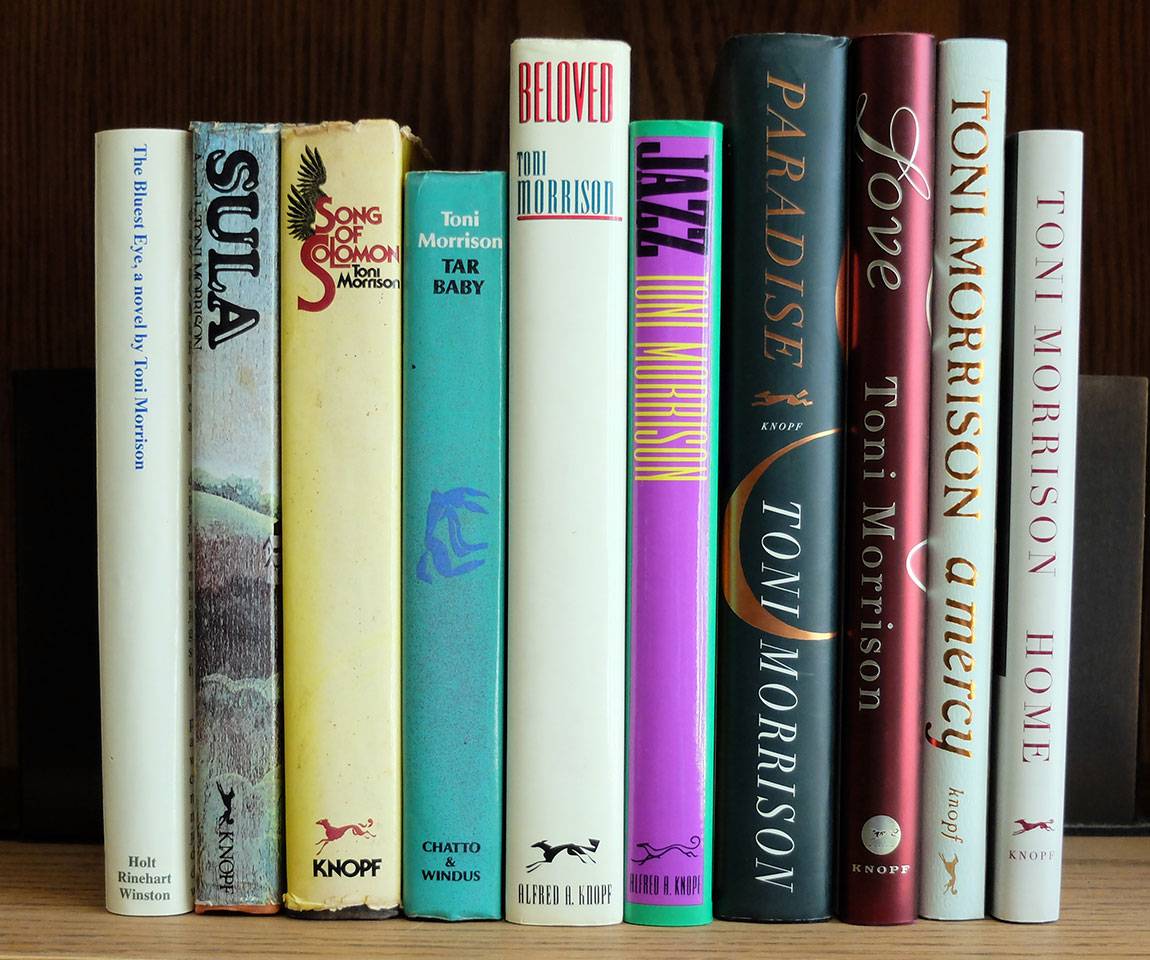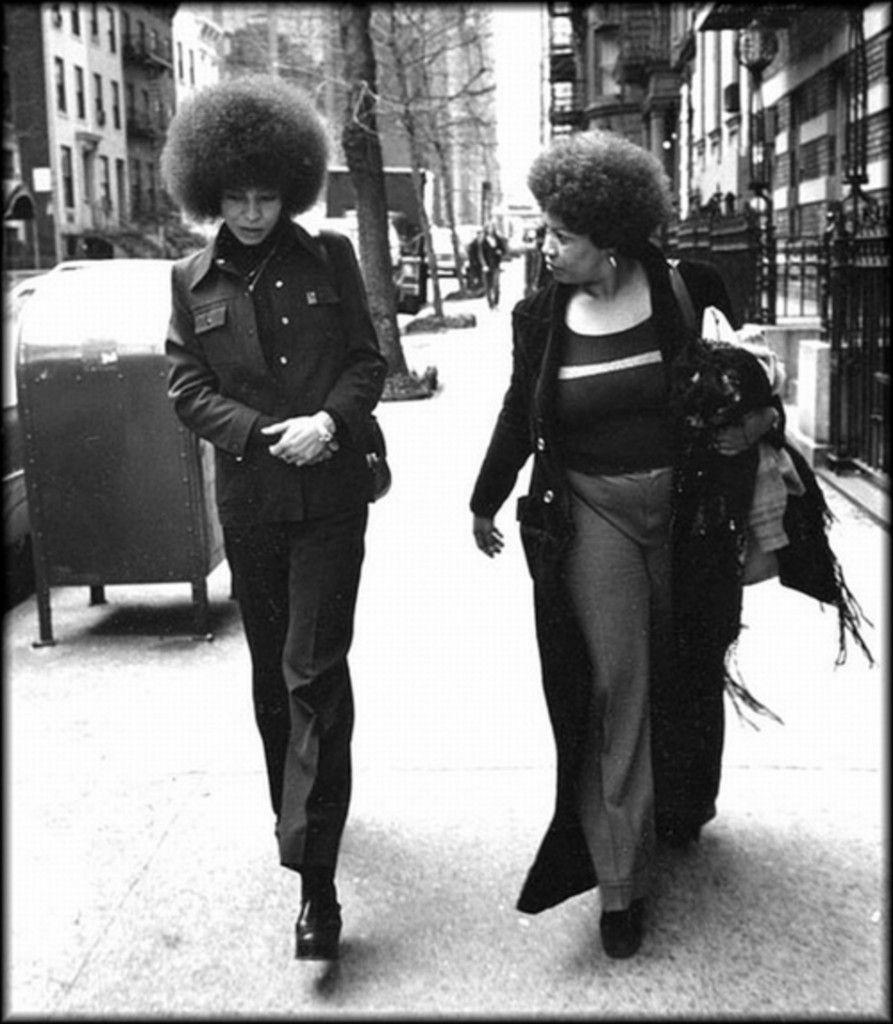Who Was Toni Morrison?
Born February 18, 1931, Toni Morrison (née Chloe Ardelia Wofford) would become one of the most influential authors of 20th-century American fiction, fundamentally transforming the literary and cultural milieu with her dynamic works of fiction, including the Nobel Prize-winning Beloved. Although Morrison honed her skills, first as an editor at Random House; and later held teaching appointments at institutions such as Princeton University, Yale University, Bard College, and SUNY Albany, Morrison grew up as an insightful and creative youth, interested in folktales, storytelling, and narrative.
As an undergraduate at Howard University, while pursuing a degree in English Literature with a minor in Classics, Morrison was active in the Drama department and was a member of the Howard University Players, the university’s oldest student-run performing arts organization. Upon graduation, she completed a master’s degree in English at Cornell University and soon returned to Howard, this time as an instructor in the very department where she initially earned her degree. During her seven-year tenure at Howard, Morrison joined a writers’ group, where she would begin writing sections and later drafts of what would ultimately become her first published novel, The Bluest Eye.
In 1965, Morrison accepted an editorial position at L.W. Singer, a textbook division of Random House in Syracuse, New York. In 1968, she moved to New York City to become an editor in the trade department at Random House. There, she co-edited and ushered into publication several premier resources for teaching African American history, literature, and culture to generations of school children, including Contemporary African Fiction, whose transnational scope included work by Wole Soyinka, Chinua Achebe, Camara Laye, Bessie Head, Léopold-Sédar Senghor, and Athol Fugard, (published in 1972) and The Black Book, which Morrison once described as “a genuine Black history book—one that simply recollected Black Life as lived” (published in 1974).
Morrison was soon promoted, becoming the first Black woman female editor in Random House’s fiction department, where she served a central role in bringing Black American poetry and fiction onto the mainstream market. Morrison mentored and edited the works of Toni Cade Bambara, Angela Davis, Huey Newton, and Gayl Jones, among many others. During the course of her prolific career as a sought after editor, Morrison continued to write – refining, pitching, and later publishing The Bluest Eye (Holt, Rinehart & Winston in 1970), which was followed by Sula (1973) and Song of Solomon (1977). All three novels were poignant literary works that significantly shifted the literary landscape at the time by introducing diverse and versatile literary voices and exploring a plurality of Black identifies, narratives, and locales.
Shortly after the publication of her fourth novel, Tar Baby (1981), Morrison left her nearly 19-year career at Random House, to focus exclusively on her own writing. While Morrison was nationally renowned and well-awarded, having earned the National Book Critics Circle Award, the American Academy of Arts and Letters Distinguished Author Award and an appointment to the National Council on the Arts, the publication of her next work, Beloved (1987), would earn Morrison a Pulitzer Prize for Fiction in 1988. She would go on to receive the Nobel Prize in Literature 1993, solidifying her place as a literary giant and a central figure in the literary zeitgeist.

These first editions of Morrison’s novels are among the Toni Morrison Papers, housed in the Manuscripts Division, Department of Rare Books and Special Collections, Princeton University Library
Morrison continued to teach, and in 1989 she was appointed the Robert F. Goheen Chair in the Council of the Humanities at Princeton University. At Princeton, Morrison founded the Princeton Atelier, which brought renowned artists into collaboration with undergraduate and graduate students on original performances, productions and exhibitions on campus. While she held several appointments and residencies at institutions including Harvard, École Normale Supérieure and College de France, Cornell, and the Louvre, and was conferred a number of honorary degrees and distinguished lectureships, she continued to teach and participate in campus life at Princeton well after her retirement in 2006.
Throughout her life, Morrison continued to both write and teach. Although she is most readily known for her fictional works, Morrison also wrote in a number of other genres, including essays, book reviews, lectures, lyrics, libretto, and play scripts. In her creative practice, Morrison continued to be elastic about form, daring about content, and exploratory in her creative process. As an educator, Morrison’s presence extends beyond her various professorships, as her works have become integral to school curricula in K-12 education and university courses. In recognition of her enormous cultural influence, she was presented the Presidential Medal of Freedom by Barack Obama in 2012.
Toni Morrison died at the age of 88 on August 5th, 2019.

“We die. That may be the meaning of life. But we do language. That may be the measure of our lives"

